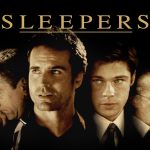On the Road (2012)
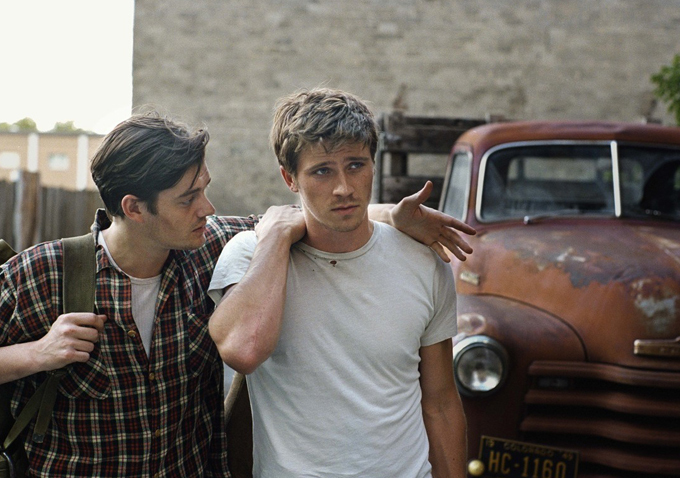
On the Road (2012) is a cinematic adaptation of Jack Kerouac’s seminal 1957 novel, directed by Walter Salles and scripted by José Rivera. The film chronicles the transformative journey of Sal Paradise (Sam Riley), an aspiring writer, who embarks on a series of cross-country adventures with the charismatic and free-spirited Dean Moriarty (Garrett Hedlund) and Dean’s young wife, Marylou (Kristen Stewart). Set against the backdrop of post-World War II America, their travels delve into themes of freedom, self-discovery, and the pursuit of meaning, encapsulating the essence of the Beat Generation.
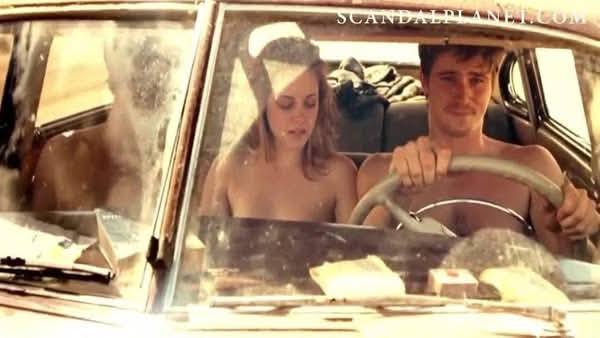
Shaken by the death of his father and discouraged by his stalled career, writer Sal Paradise goes on a road trip hoping for inspiration. While traveling, he is befriended by charismatic and fearless Dean Moriarty and Moriarty’s free-spirited and seductive young wife, Marylou. Traveling across the American southwest together, they strive to break from conformity and and search the unknown, and their decisions change the very course of their lives.
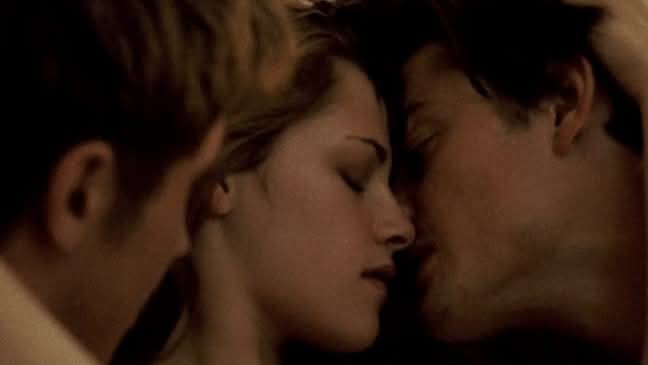
The ensemble cast includes notable performances by Kirsten Dunst as Camille, Tom Sturridge as Carlo Marx, Viggo Mortensen as Old Bull Lee, and Amy Adams as Jane. The film’s production involved extensive road trips, with actors immersing themselves in the era’s culture, driving vintage cars across the U.S. to authentically capture the spirit of the time.
Premiering at the 2012 Cannes Film Festival, On the Road received mixed reviews. While critics lauded its visual aesthetics and Hedlund’s portrayal of Moriarty, some felt the film lacked the novel’s raw energy and depth. Despite its $25 million budget, the film garnered approximately $8.8 million worldwide.
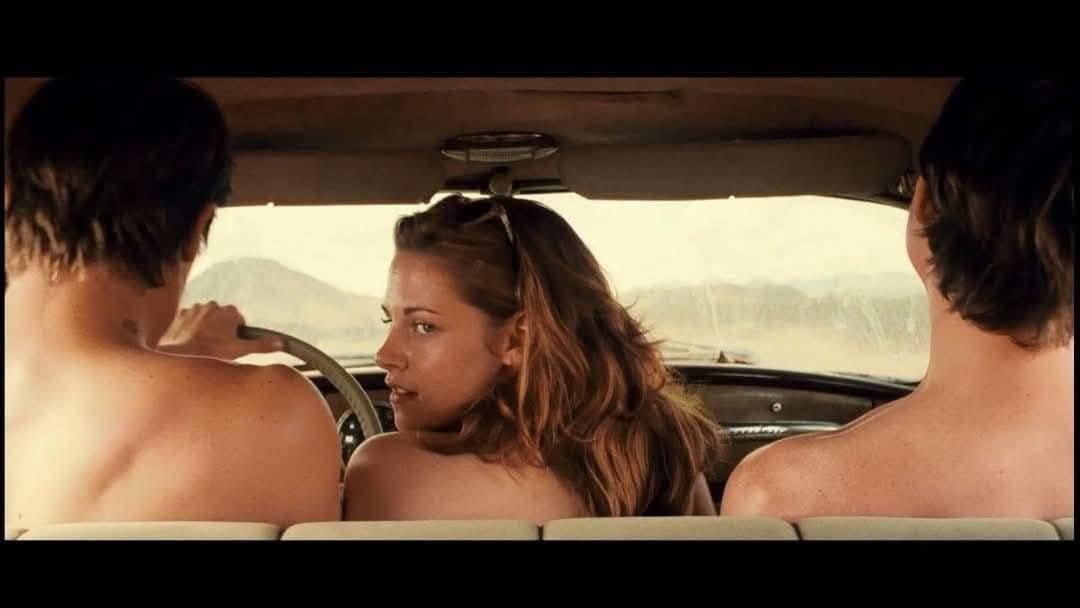
While the film premiered to much anticipation at the 2012 Cannes Film Festival and was praised for its visual style and performances—particularly Hedlund’s—it received mixed reviews overall. Critics often noted that while the movie is visually compelling, it struggles to fully convey the novel’s visceral, stream-of-consciousness prose and spiritual urgency. Its slower pacing and lack of narrative momentum were seen as drawbacks by some viewers. Despite these critiques, the film serves as a sincere attempt to bring a beloved and influential literary work to the screen, and it resonates most with audiences attuned to its melancholic tone and cultural nostalgia.








